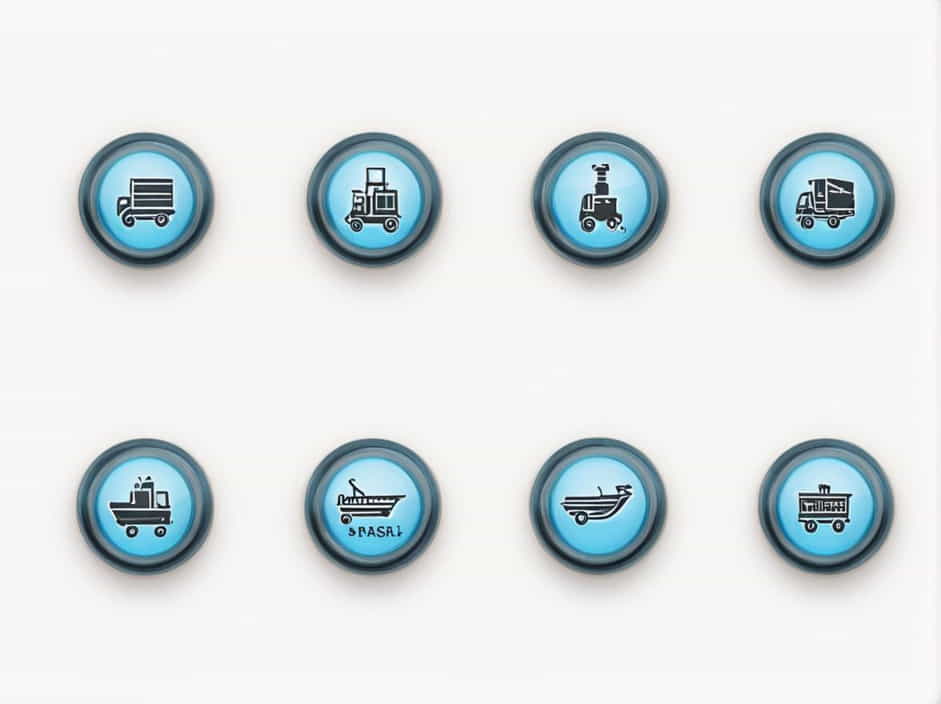Freight forwarding is an essential part of global trade and logistics. Businesses that import and export goods rely on freight forwarders to handle the complex process of transporting cargo across borders. But what exactly does a freight forwarder do?
This topic explains the role of a freight forwarder, their responsibilities, and why they are crucial in the supply chain industry.
What Is a Freight Forwarder?
A freight forwarder is a company or individual that organizes the shipment of goods on behalf of exporters and importers. They do not physically move the goods but act as intermediaries, arranging transportation, documentation, and customs clearance.
Freight forwarders ensure that cargo moves efficiently and cost-effectively from the point of origin to the final destination.
Key Responsibilities of a Freight Forwarder
1. Arranging Transportation
Freight forwarders coordinate the movement of goods using different modes of transport, including:
- Air Freight – Fastest but most expensive option for international shipping.
- Sea Freight – Cost-effective for large shipments but takes longer.
- Road Transport – Ideal for domestic and regional deliveries.
- Rail Transport – Efficient for moving bulk cargo over long distances.
They choose the best shipping method based on cost, speed, and type of cargo.
2. Managing Documentation
International shipping involves extensive paperwork. Freight forwarders handle important documents such as:
- Bill of Lading (BOL) – A contract between the shipper and carrier.
- Commercial Invoice – A document detailing the goods being shipped.
- Packing List – Provides details about the contents of the shipment.
- Customs Documentation – Required for importing and exporting goods legally.
Having the correct documents prevents delays and fines.
3. Customs Clearance
One of the most complex aspects of shipping is customs clearance. Freight forwarders work with customs brokers to ensure that shipments comply with all regulations. They help with:
- Import and export duties
- Tariff classifications
- Customs inspections
- Tax payments
By handling customs procedures, freight forwarders prevent shipment delays.
4. Cargo Insurance
Freight forwarding companies offer cargo insurance to protect shipments from loss, damage, or theft during transit. This ensures financial protection for businesses in case of unexpected incidents.
5. Warehousing and Storage
Some freight forwarders provide warehousing services, where goods are stored before being shipped to their final destination. This is helpful for businesses that need short-term storage or inventory management.
6. Tracking and Logistics Coordination
Modern freight forwarders use tracking systems to monitor shipments in real time. They provide updates to clients and coordinate logistics to ensure on-time delivery.
Why Businesses Use Freight Forwarders
1. Expertise in International Shipping
Freight forwarders understand the complexities of global trade, making it easier for businesses to navigate customs laws, tariffs, and shipping regulations.
2. Cost Savings
Because they work with multiple carriers, freight forwarders can negotiate better shipping rates, helping businesses save money on transportation costs.
3. Efficiency and Time-Saving
Handling shipping logistics internally can be time-consuming. Freight forwarders take care of the details, allowing businesses to focus on their core operations.
4. Risk Management
By offering insurance and ensuring compliance with regulations, freight forwarders help reduce risks associated with damaged, lost, or delayed shipments.
Types of Freight Forwarding Services
1. International Freight Forwarding
Deals with cross-border shipments, ensuring compliance with import/export laws and arranging global logistics.
2. Domestic Freight Forwarding
Focuses on transportation within a country, using road, rail, or air transport.
3. Specialized Freight Forwarding
Handles specific types of cargo, such as:
- Perishable goods (food, medicine)
- Hazardous materials
- Heavy machinery
- Luxury items (jewelry, artwork)
How to Choose a Reliable Freight Forwarder
1. Experience and Reputation
Look for a freight forwarder with a proven track record and positive client reviews.
2. Global Network
A company with a strong network of carriers and agents can handle international shipping efficiently.
3. Service Range
Choose a provider that offers comprehensive services, including customs clearance, warehousing, and tracking.
4. Pricing Transparency
Ensure there are no hidden fees and that you receive clear pricing details before shipping.
Freight forwarders play a vital role in global trade and logistics, making it easier for businesses to transport goods across borders. By handling transportation, customs clearance, documentation, and insurance, they ensure smooth and cost-effective shipping operations.
For businesses involved in importing and exporting, working with a reliable freight forwarder can save time, reduce costs, and minimize risks in the supply chain.
